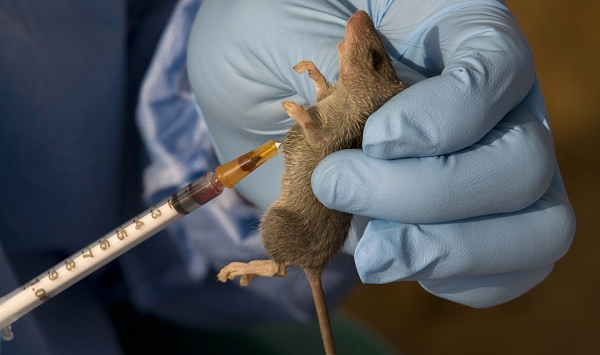Twelve new cases of Lassa fever have been reported in Ghana, according to the Ghana Health Service (GHS).
Following the GHS’s discovery of 56 contacts for the first two confirmed instances on Sunday, February 26, 2023, the cases were made public.
There are currently 13 ongoing Lassa Fever cases in Ghana.
Thus far, one person has passed away from the illness.
“With this, the overall number of confirmed cases during the epidemic now stands at 14… Thus far, one death has been reported. All 13 individuals are being treated in recognized medical facilities and are all alive and in stable condition. A statement dated February 28, 2023 and signed by Dr. Patrick Kuma Aboagye, Director General of GHS said: “A total of 97 contacts have been identified, and attempts are underway to uncover more contacts.”
“A potential case has been reported from the Central Region,” he said, “and contacts are being identified and kept under surveillance while we wait for confirmation. All cases and contacts are receiving psychological support.
What is Lassa Fever
Acute viral hemorrhagic fever, or lassa fever, is a disease that is prevalent in West Africa. The time of incubation is 6 to 21 days. The early signs and symptoms of LF disease typically include fever, generalized weakness, and malaise and the development is frequently slow with non-specific signs and symptoms.
A few days later, symptoms like nausea, vomiting, diarrhea, a sore throat, muscle discomfort, chest pain, and abdominal pain may appear. In severe cases, facial swelling, a tendency to bleed from the mouth, nose, vagina, or gastrointestinal tract, and low blood pressure may develop. In the later stages, shock, convulsions, disorientation, and coma may be observed. During the rehabilitation process, complications like hearing, temporary hair loss, and gait disruption are possible. Most Lassa Fever infections are mild or asymptomatic (around 80%).
• Humans contract the Lassa fever virus when they come into contact with food or household objects that have been exposed to rodent urine, saliva, feces, or blood (Multi-mammate rat).
• Lab transmission and person-to-person infections can also happen, especially in hospitals that lack sufficient infection prevention and control procedures.
• The multi-mammate rat serves as a reservoir for the virus, and the disease is endemic in the rodent population in several parts of West Africa.
• Lassa fever is thought to be widespread in sections of Nigeria, Benin, Guinea, Liberia, Mali, Sierra Leone, and the continent of West Africa as a whole.
• In Ghana, there were two districts with confirmed outbreaks of Lassa fever in 2011—one in each of the Ashanti and Eastern regions.
• Using ribavarine early (within seven days of the disease’s beginning), receiving supportive care that includes rehydration, and receiving symptomatic treatment all increase survival.
• There is currently no effective treatment for the illness.
Press Release from Ghana Health Service

